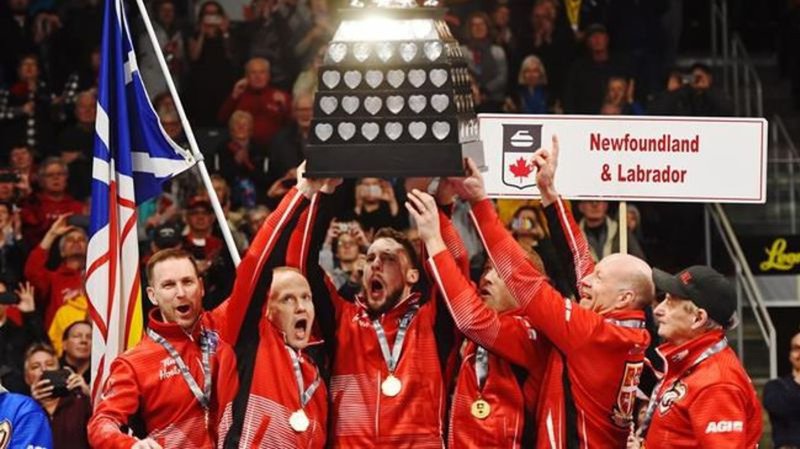
Seismic Change: A year of bubbles, relocation and cancellation on the sports scene
The traditional wail of bagpipes had barely quieted at Kingston’s Leon’s Centre last March when the sports landscape underwent a seismic change.
One last blast of sporting Canadiana — the hoisting of the Brier Tankard — was followed days later by the shutdown of the NBA, NHL, baseball’s pre-season and other leagues and competitions.
The grip of the COVID-19 pandemic quickly took hold. A normally bustling calendar was replaced by a huge void amid a wave of cancellations and postponements.
“It has to be one of the craziest sports years ever,” said New York Post sports media columnist Andrew Marchand. “There was so much uncertainty all year.”


